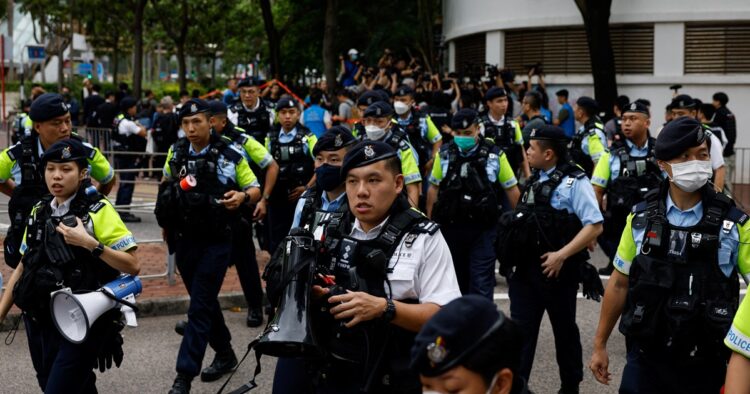Late on Tuesday night, Iranian forces opened fire near the Pakistan-Iran border, resulting in the death of four Pakistanis and injuring two others. The incident took place in the restrictive southwestern province of Balochistan, confirmed Umar Jamali, the additional deputy commissioner.
Naeem Umrani, the deputy commissioner of Washuk, stated that an investigation is underway to determine the reason behind the shooting.
The shooting comes just weeks after former Iranian President Ebrahim Raisi visited Pakistan in April for a three-day official visit. This visit was part of efforts by the two neighboring Muslim nations to mend their strained relationship after a series of military strikes earlier this year.
Iran and Pakistan have had a history of rocky relations, but the missile strikes in January were among the most serious incidents in years. Responding to the strikes, Pakistan recalled its ambassador to Tehran and did not allow the Iranian ambassador to return to Islamabad. In addition, all high-level diplomatic and trade engagements were canceled.
Following the escalation, both nations made swift efforts to de-escalate the situation. They exchanged assurances of respecting each other’s sovereignty and territorial integrity. Moreover, they vowed to expand security cooperation and requested their envoys to return to their posts.
Conflict in the Border Regions
The recent shooting incident highlights the ongoing conflict in the border regions. Islamabad reported hitting bases of the separatist Baloch Liberation Front and Baloch Liberation Army, while Tehran claimed to have struck militants from the Jaish al Adl (JAA) group.
ALSO READ: “Iran’s Acting President Addresses New Parliament Following Fatal Helicopter Crash”
These militant groups operate in the areas that include Pakistan’s southwestern Balochistan province and Iran’s southeastern Sistan-Baluchestan province.
Both Balochistan and Sistan-Baluchestan are restive, mineral-rich, and largely underdeveloped regions, contributing to the persistent unrest and violence. The situation remains tense as both countries continue to navigate their complex relationship while addressing internal and cross-border security challenges.

















Comments